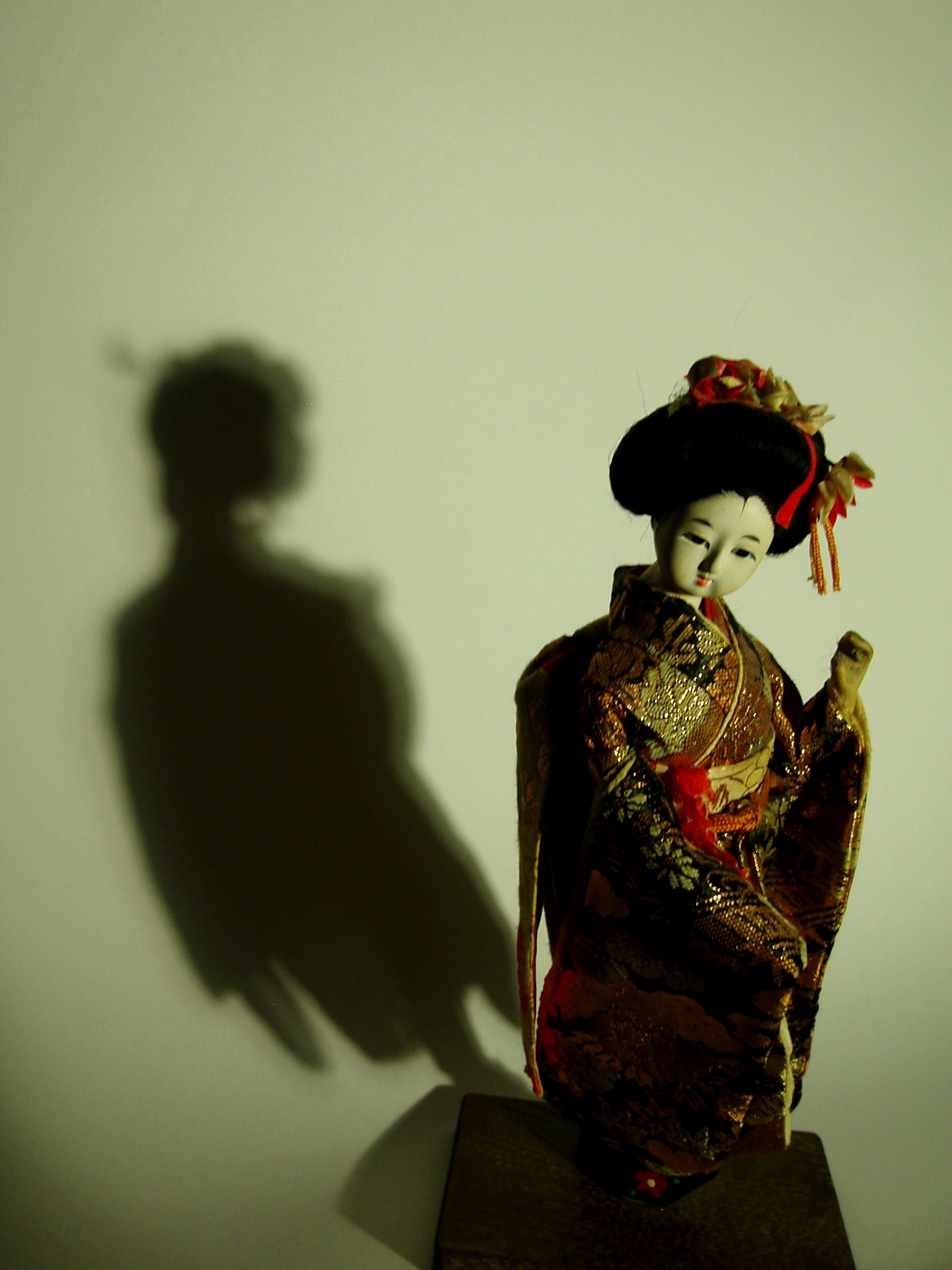[vc_row][vc_column width=”2/3″][vc_column_text]As an East and Southeast Asian woman, I have been subjected to fetishization from men because of my race. Fetishization for East and Southeast Asian women can be also known as “yellow fever.” While this nickname is more recent, the fetishization of women like me has been around for a far longer time. The term originated in the 18th and 19th century when Euro-Americans were crazy for Chinoiserie, or in other words, adapting Chinese and other East Asian motifs and styles in Western art. As a result, Asian female bodies were objectified as ornaments. Additionally, the idea of geishas has contributed to the harmful stereotype of Asian women as submissive and quiet. The “model minority” myth has also fed into the idea that Asian women are obedient and more successful than others. These influences and stereotypes have continued into the present and are seen through the corrupt obsession and fetishization of Asian women. Specifically, Southeast Asian countries have an extensive history of colonization, violence, and imperialism from Western countries like the Vietnam War, Indochina Conflict, and Philippine-American War, to name just a few. Women were raped, sexually assaulted, and impregnated by white soldiers. The colonization of the female bodies in these countries is an important part of history that has contributed to the fetishization of Southeast Asian women to this day.[/vc_column_text][/vc_column][vc_column width=”1/3″][vc_single_image image=”2442″ img_size=”full” add_caption=”yes” onclick=”custom_link” link=”https://www.flickr.com/photos/80041506@N00/2173230025″][/vc_column][/vc_row][vc_row][vc_column][vc_column_text]The effects that East and Southeast Asian women have faced as a result of yellow fever are rampant and heavy. Asian American women are more self-conscious and doubtful in dating because they can’t tell if men are attracted to them for them or if it’s for their race. They also feel like they have been depersonalized to an object. Racial depersonalization is a concern because it makes them feel like they are not an individual but instead an object that can easily be replaced by someone who has a similar physical appearance to them.
Because I have found myself as the victim of “yellow fever” multiple times as a Chinese-Vietnamese-American, I wrote this poem about why fetishization is harmful and about a few of the incredible Asian women in my life:
then why am i the one who feels ill
yellow fever
is an illness
that rages in men’s blood
it remains
undiagnosed,
untreated,
unnoticed
by its host body
as they claim
“it’s just a preference”
asian women are
not a prize to be won,
not something pretty to be carried on your arm,
not an aesthetic to be claimed,
not a baby machine to be used for
when you simplify us
to our exotic features
or stereotype us
as quiet, submissive, obedient,
you deny us of our culture, complexity, strength
i think of the asian women i know
who are all loud, confident, strong
i think of my grandma
who bore eight children during a war
and whose tiny presence dominated our family
til her last breath
i think of my aunt
who was deemed protector of two of her younger sisters
as she crossed an ocean
leaving behind the only home she knew
and went on to become a hairstylist
who does the hair of her family greater than thirty for free
i think of my mom
who was trilingual by the time she was fourteen
and overcame years of infertility
before eventually having three kids
i think of a professor at unc
who fought for years
to create an asian american course load
at a university that does not care
to support its students of color
i think of me
who’s the first Hong to go to college
and who’s a trailblazer
for all the asian women to come
that you can study whatever you want to,
love whoever you want to,
do whatever you want to,
and be whoever you want to
despite what society and your family expects of you
i think of the asian women
who have come before me,
who are on the same walk of life as me now,
and who have yet to meet this earth,
and i think about all the layers we share
that are stripped from us
as we’re objectified and depersonalized
by men who don’t understand
if men are the ones
contaminated with this illness,
then why am i the one
who feels ill
because i can no longer tell
if i’m wanted
for who i am
or for my race
Sources:
Rabaté, Jean-Michel, and Rabaté, Jean-Michel (2013). A Handbook of Modernism Studies. Hoboken: John Wiley & Sons, Incorporated. ProQuest Ebook Central.
Chang, Maggie (1 April 2006). “Made in the USA: Rewriting Images of the Asian Fetish”. Undergraduate Humanities Forum 2005-6: Word & Image.
Zheng, Robin (2016). “Why Yellow Fever Isn’t Flattering: A Case against Racial Fetishes” (PDF). Journal of the American Philosophical Association. 2 (3): 400–419. doi:10.1017/apa.2016.25.[/vc_column_text][/vc_column][/vc_row][vc_row][vc_column][vc_separator][vc_column_text]Britney Hong (she/her) calls Cary, NC home, but she is originally from the Bay Area in California. As a first-generation college student, daughter of refugees, and a Chinese-Vietnamese-American, she is most passionate about bridging the education gap for minority students, extending voting rights to the AAPI community, and advocating for social justice through an intersectional lens. At UNC, she is double majoring in Political Science and Human Development & Family Studies with a minor in Social and Economic Justice. In the past, Britney worked as a swim instructor and at a Tex-Mex restaurant, where her love for children and black bean bowls emerged. This previous year, she interned for the North Carolina Democratic Party and You Can Vote, a local voting rights nonprofit. In the future, Britney plans to pursue a career in public service, specifically in education policy.
In her free time, she loves scrapbooking, listening to podcasts (Armchair Expert and The Michelle Obama Podcast are her favorites!), and getting boba or Chipotle with her friends!
Meet other NCAAT interns here.[/vc_column_text][/vc_column][/vc_row]

